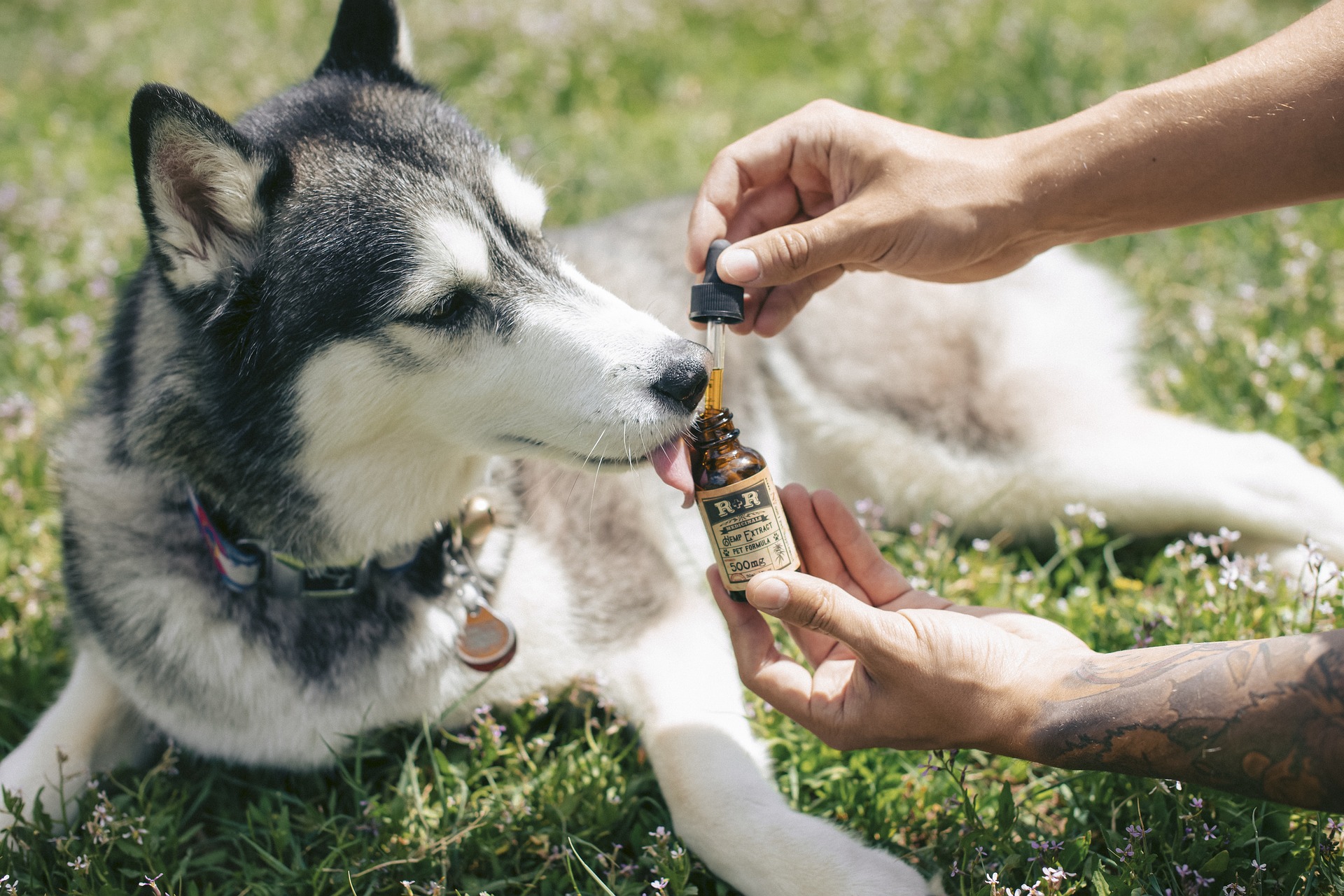CBD For Dogs: Benefits, Uses, And Safety Considerations
While most discussions around CBD involve its use in humans, pet owners are increasingly considering its benefits for their furry companions.
Sep 06, 202447.6K Shares635.5K Views

Introduction
Cannabidiol (CBD), a naturally occurring compound found in the cannabis plant, has gained significant attention for its potential therapeutic applications. While most discussions around CBD involve its use in humans, pet owners are increasingly considering its benefits for their furry companions. This document will explore the various benefits, uses, and essential safety considerations regarding CBD for dogs.
Understanding CBD
CBD is one of over a hundred cannabinoids present in cannabis, but unlike its more famous counterpart, THC (tetrahydrocannabinol), CBD does not produce psychoactive effects. This means that dogs can experience the potential therapeutic benefits of CBD without the intoxicating effects associated with marijuana.
Potential Benefits Of CBD For Dogs
Anxiety Relief
Many dogs suffer from anxiety due to various triggers like loud noises, separation from their owners, or unfamiliar environments. CBD has shown promise in helping alleviate anxiety symptoms in both humans and animals. By interacting with the endocannabinoid system, CBD may help to regulate mood and promote a sense of calm in anxious dogs.
Pain Management
Chronic pain can severely affect a dog's quality of life. CBD has anti-inflammatory properties that may help reduce pain and inflammation associated with arthritis. Many pet owners have reported improvements in their dog's mobility and overall comfort levels after introducing CBD into their routine.
Seizure Control
Research indicates that CBD may help control seizures in both humans and dogs. Some veterinary studies suggest that CBD oil can reduce the frequency and intensity of epileptic seizures, providing a potential treatment option for dogs suffering from epilepsy.
Improved Appetite
Dogs undergoing treatment for various health conditions may experience a decreased appetite. CBD has been noted for stimulating appetite and encouraging dogs to eat when they may otherwise refuse food. This can be particularly beneficial for dogs recovering from illness or surgery.
Promoting Overall Wellness
Regular use of CBD may contribute to dogs' overall wellness, helping to maintain a balanced endocannabinoid system. This, in turn, can enhance general health and resilience against diseases.
Methods Of Administration
There are various ways to administer CBD to dogs, including:
Oils and Tinctures:These are concentrated forms that can be easily measured and applied directly to the dog's mouth or mixed into food.
Treats:Many companies offer CBD-infused dog treats, making them tasty.
Capsules:Capsules are a suitable option for those who prefer precise dosing.
Topicals:CBD-infused creams or balms can be applied directly to sore or inflamed areas on a dog's body.
Dosage Considerations
Determining the correct dosage of CBD for dogs is crucial. It can vary based on several factors, including the dog's weight, the severity of the treated condition, and individual tolerance. It's often recommended to start with a low dose and gradually increase it while monitoring the dog's response. Consulting with a veterinarian familiar with CBD is essential for establishing an appropriate dosage.
Safety Considerations
While CBD is generally considered safe for dogs, there are significant safety considerations to keep in mind:
- Quality of Products: Not all CBD products are created equal. It's vital to choose high-quality, reputable brands that provide lab testing to ensure the purity and potency of their products.
- Side Effects:Although rare, some dogs may experience side effects from CBD, including drowsiness, dry mouth, or gastrointestinal upset. Monitoring your dog after introducing CBD is crucial to identify any adverse reactions.
- Drug Interactions:CBD can interact with certain medications. If your dog takes prescribed medications, discussing CBD with your veterinarian to avoid potential interactions is essential.
Conclusion
CBD presents promising benefits for dogs, covering a range of issues from anxiety and pain management to overall wellness. However, Move Up ABAand pet owners must approach its use thoughtfully, ensuring they choose high-quality products, accurately determine dosages, and remain vigilant about their pet's health and safety. As research into CBD for dogs continues to evolve, it may become an increasingly popular and valued option in veterinary medicine.
Latest Articles
Popular Articles